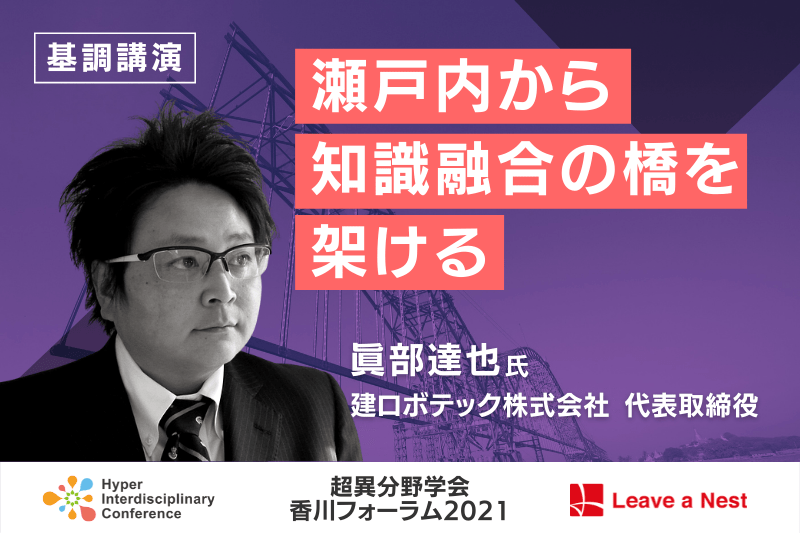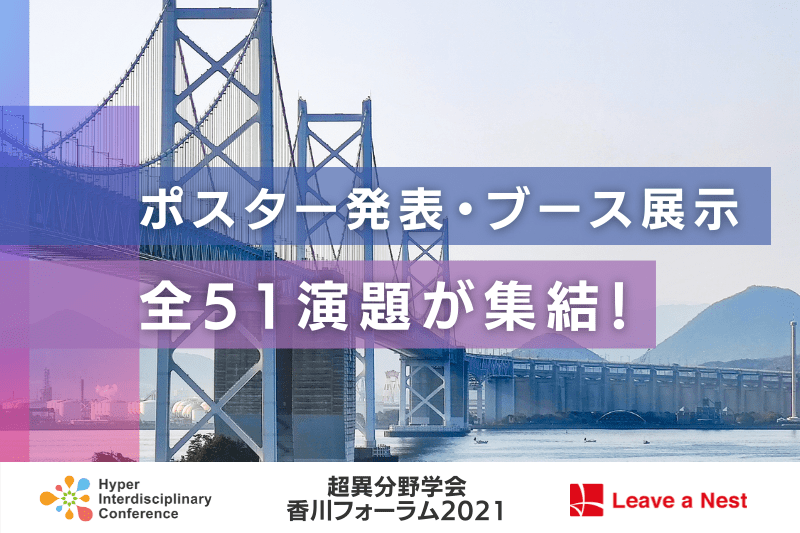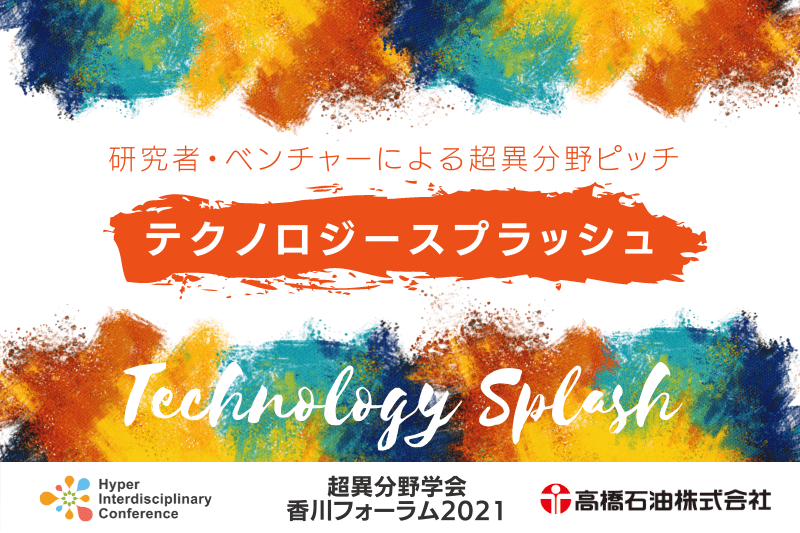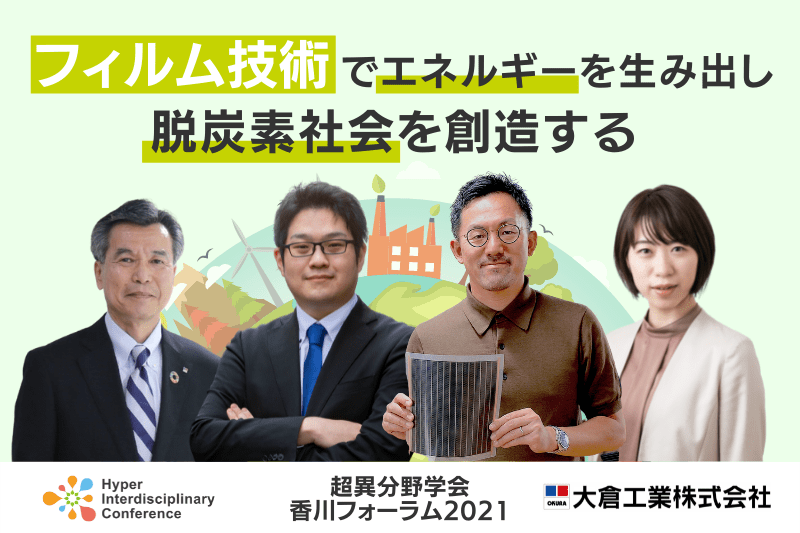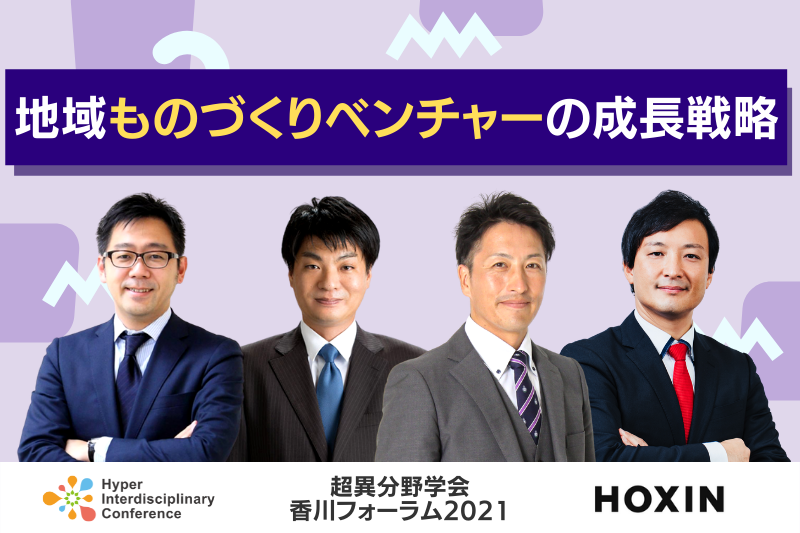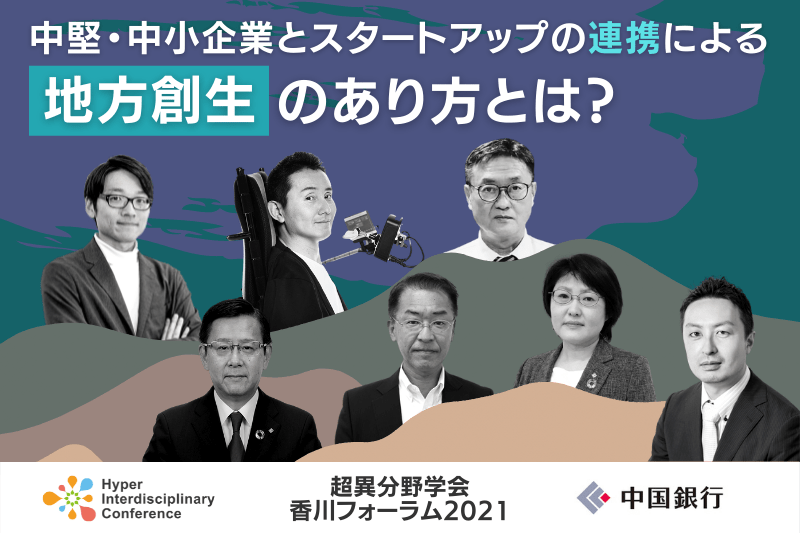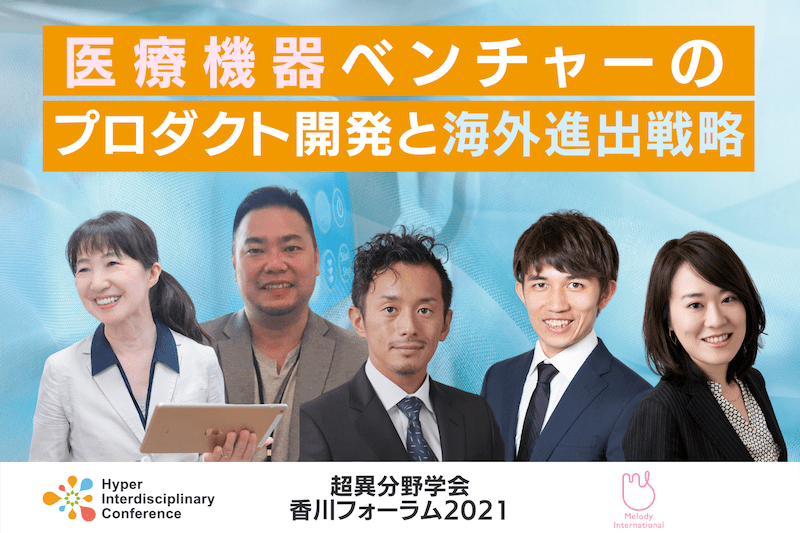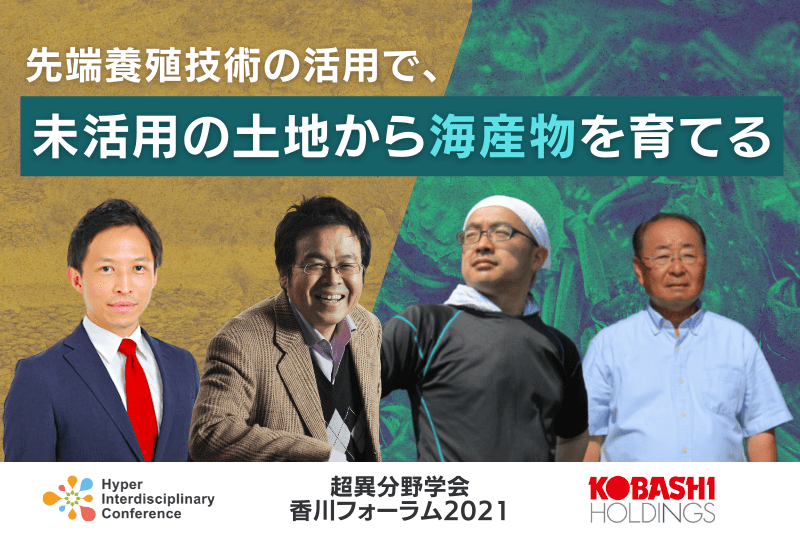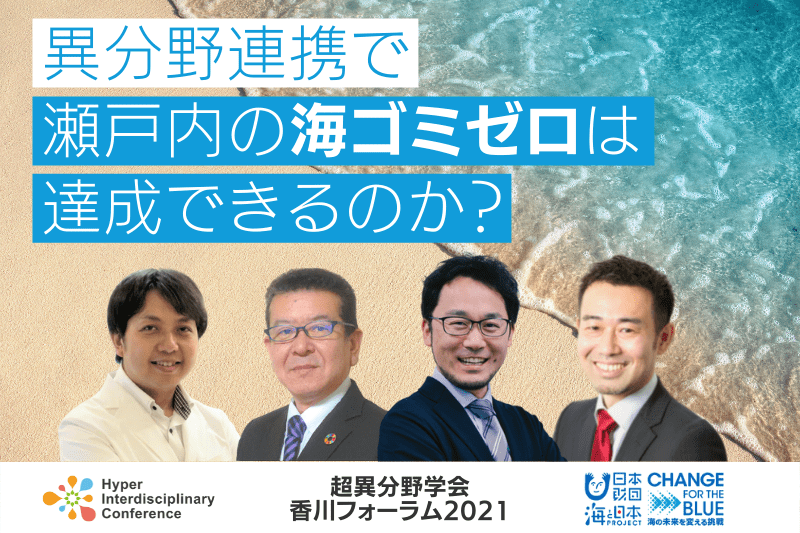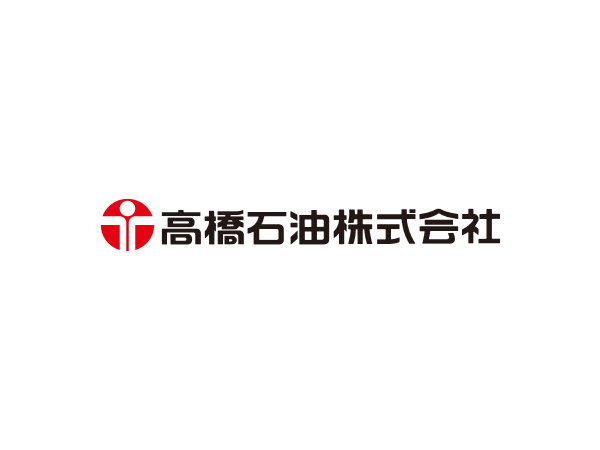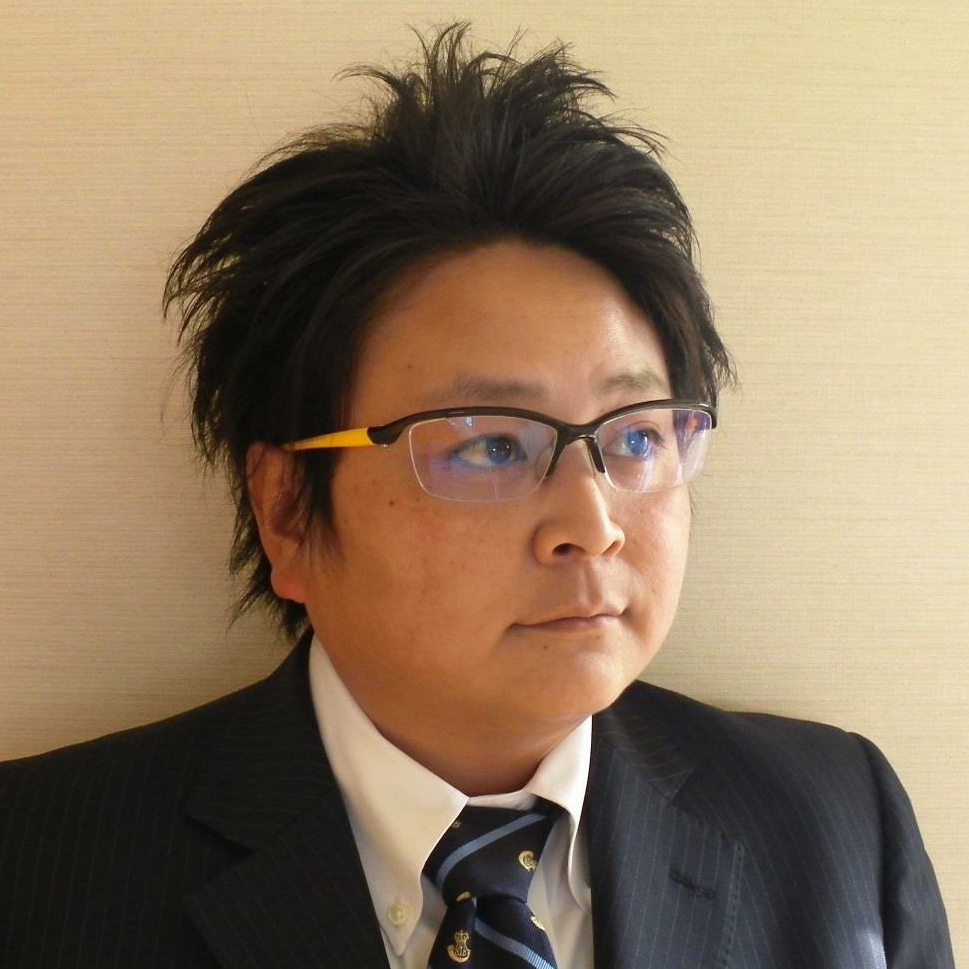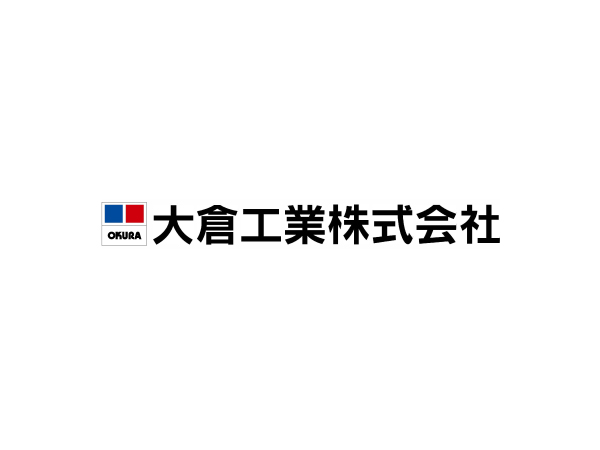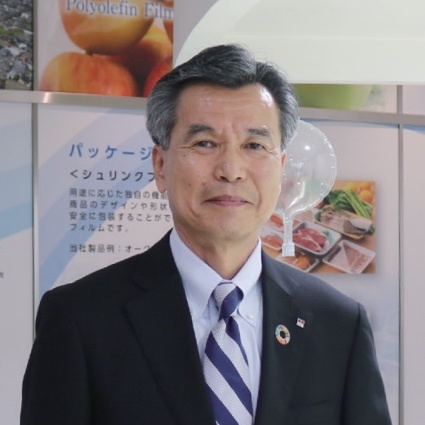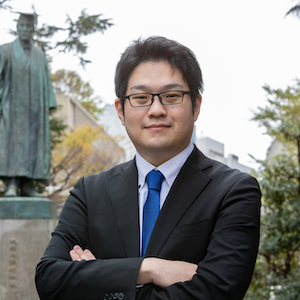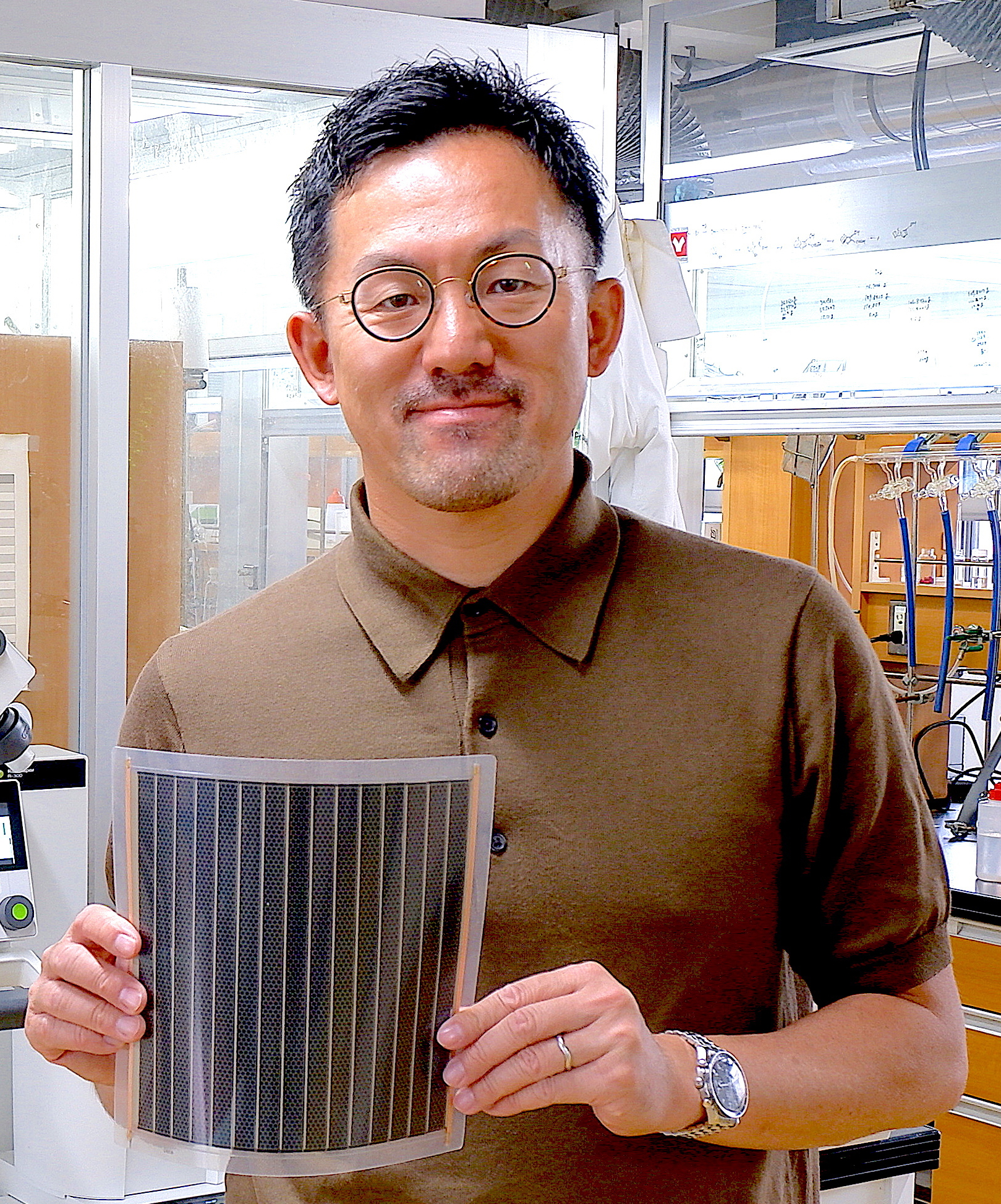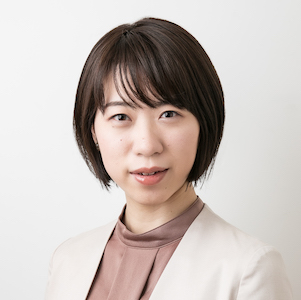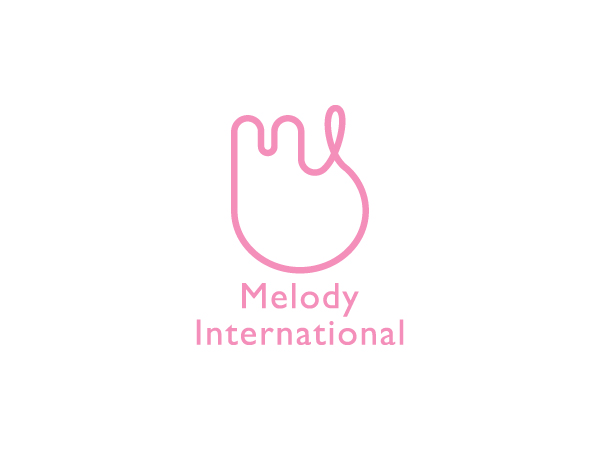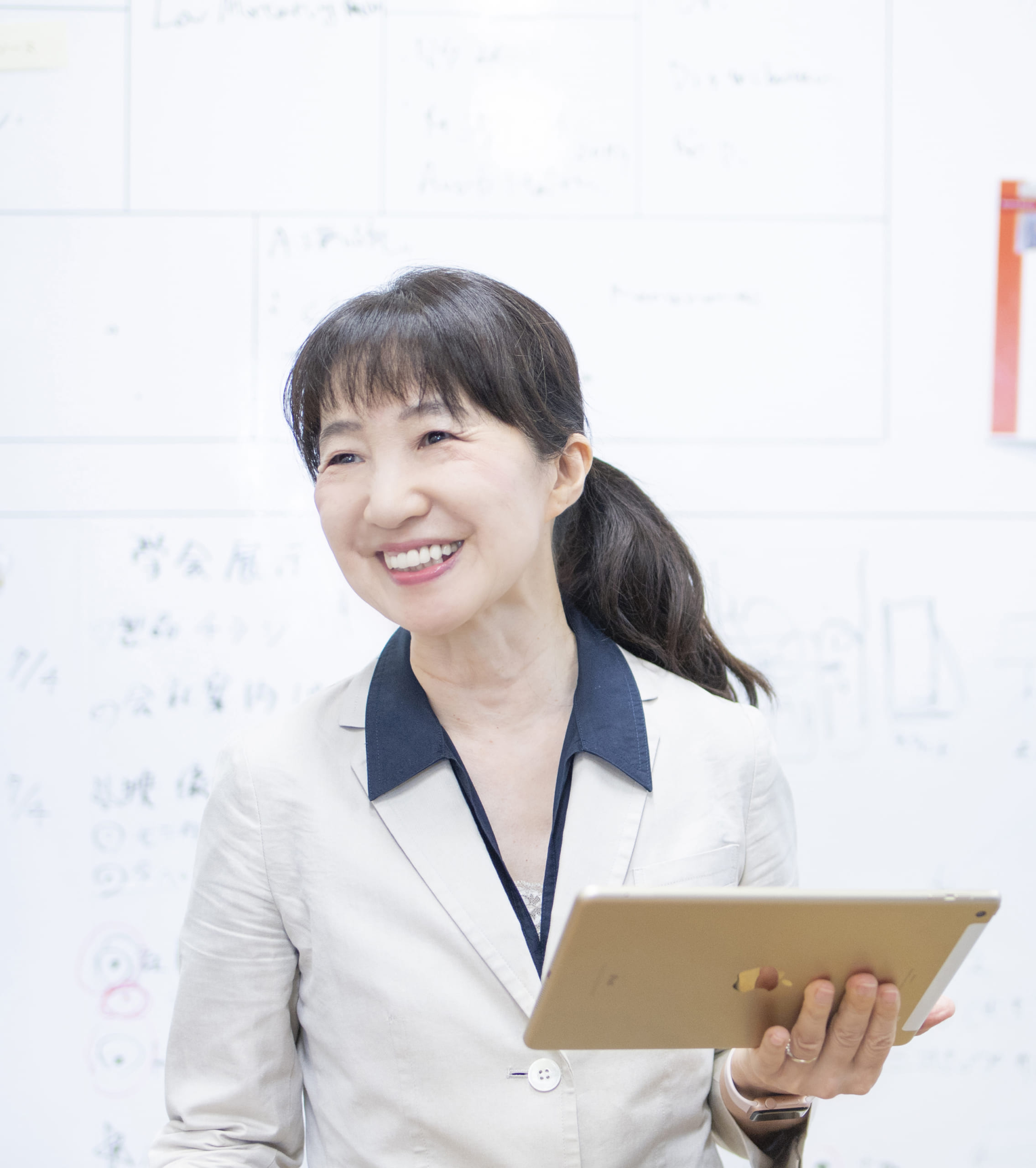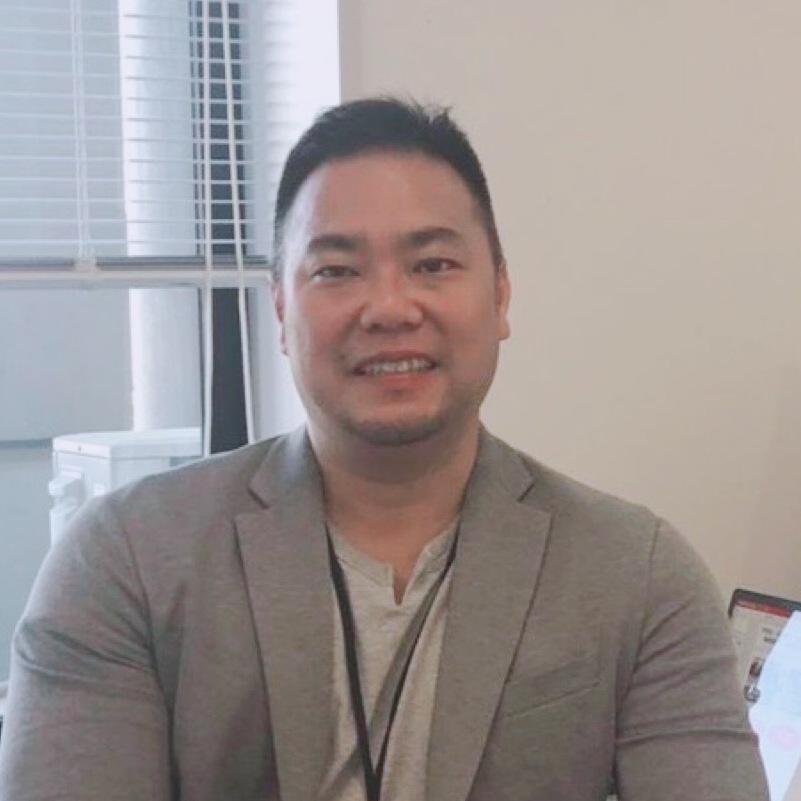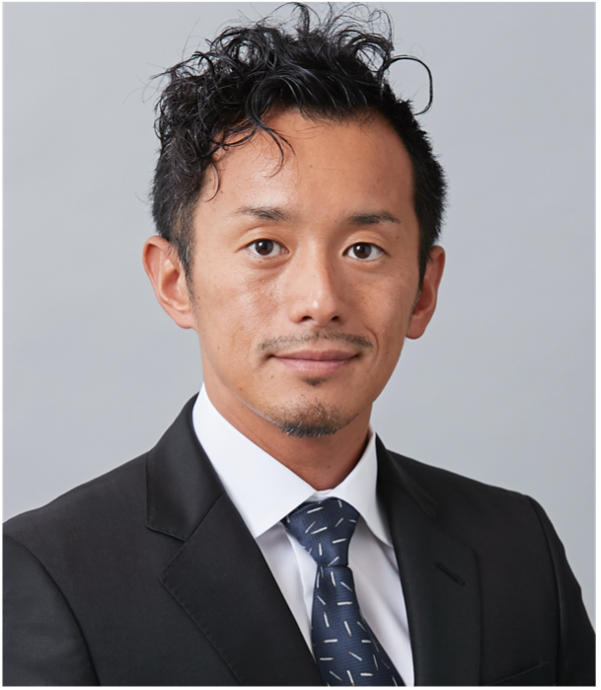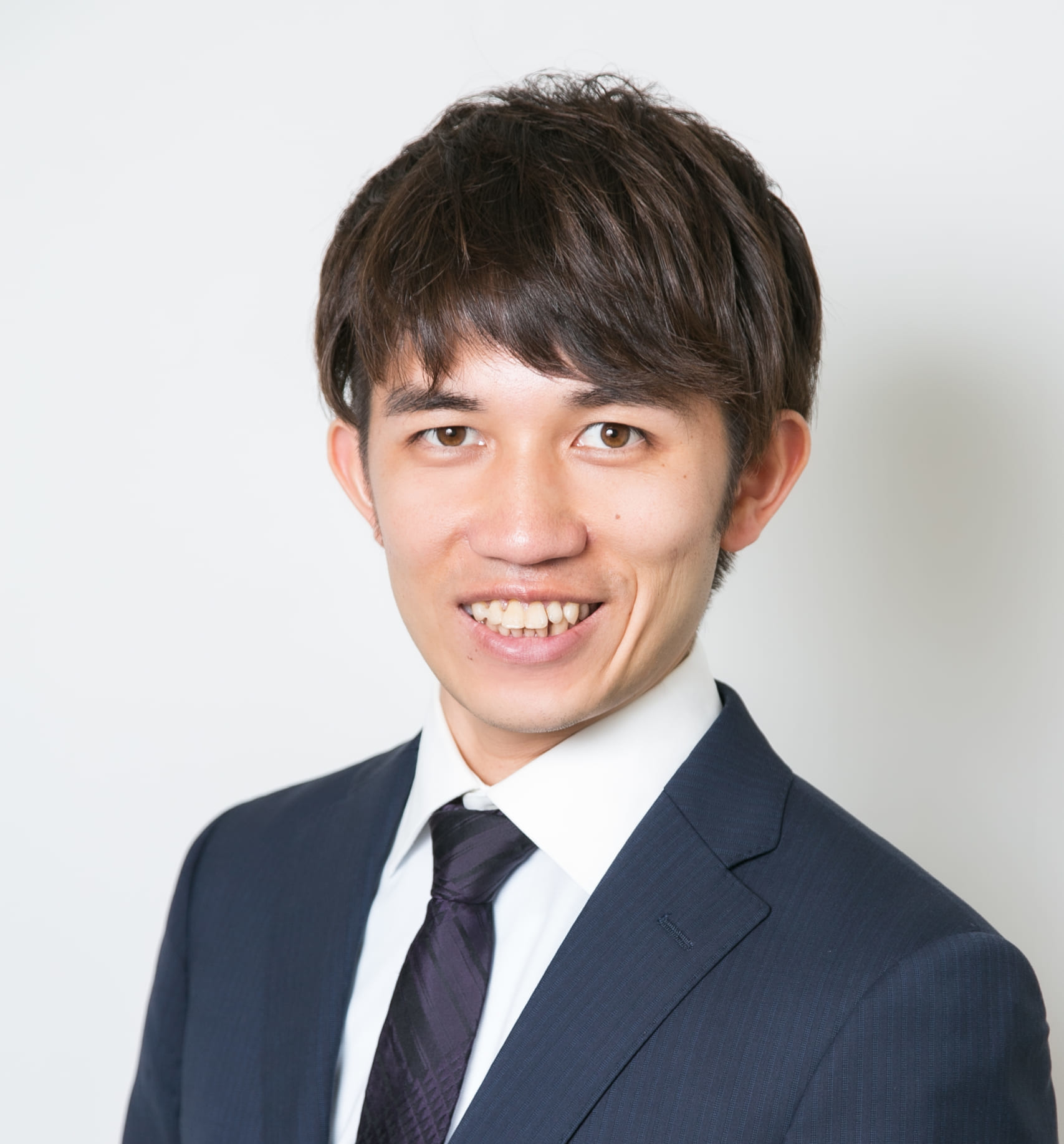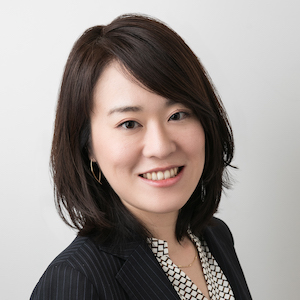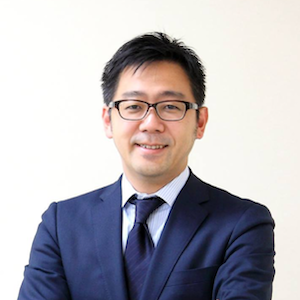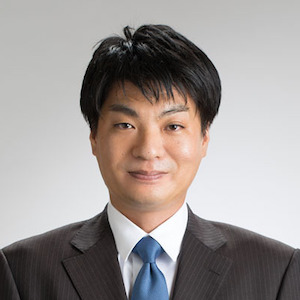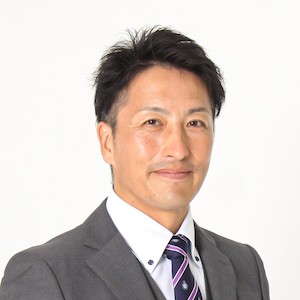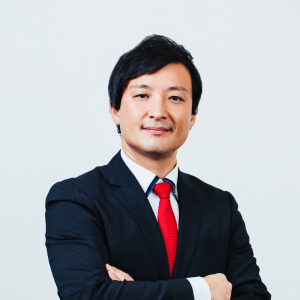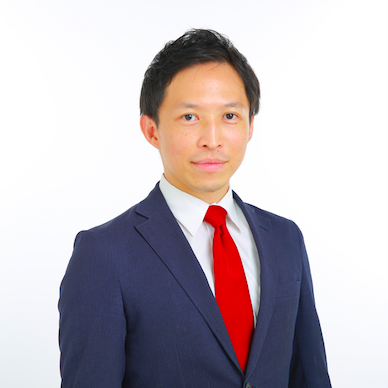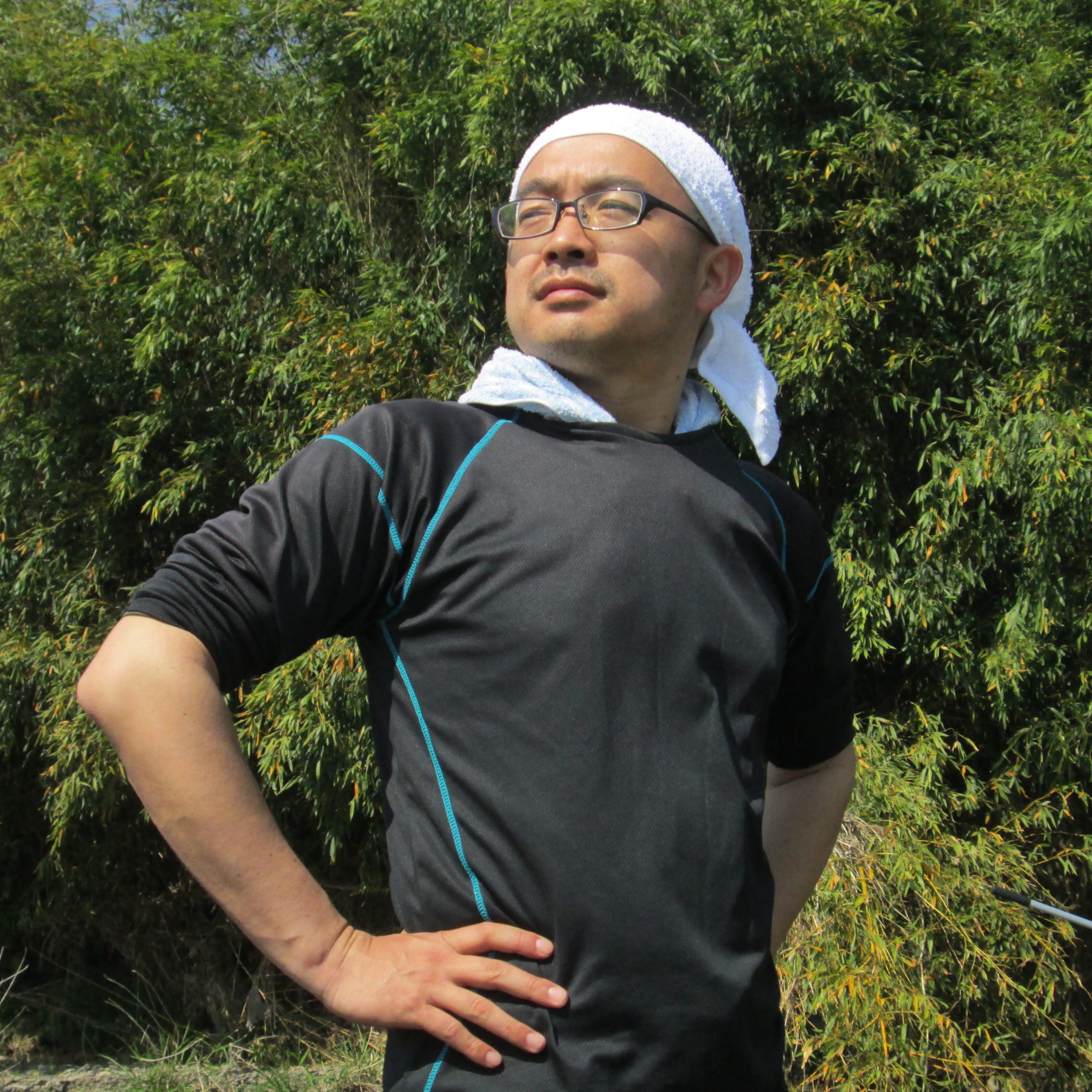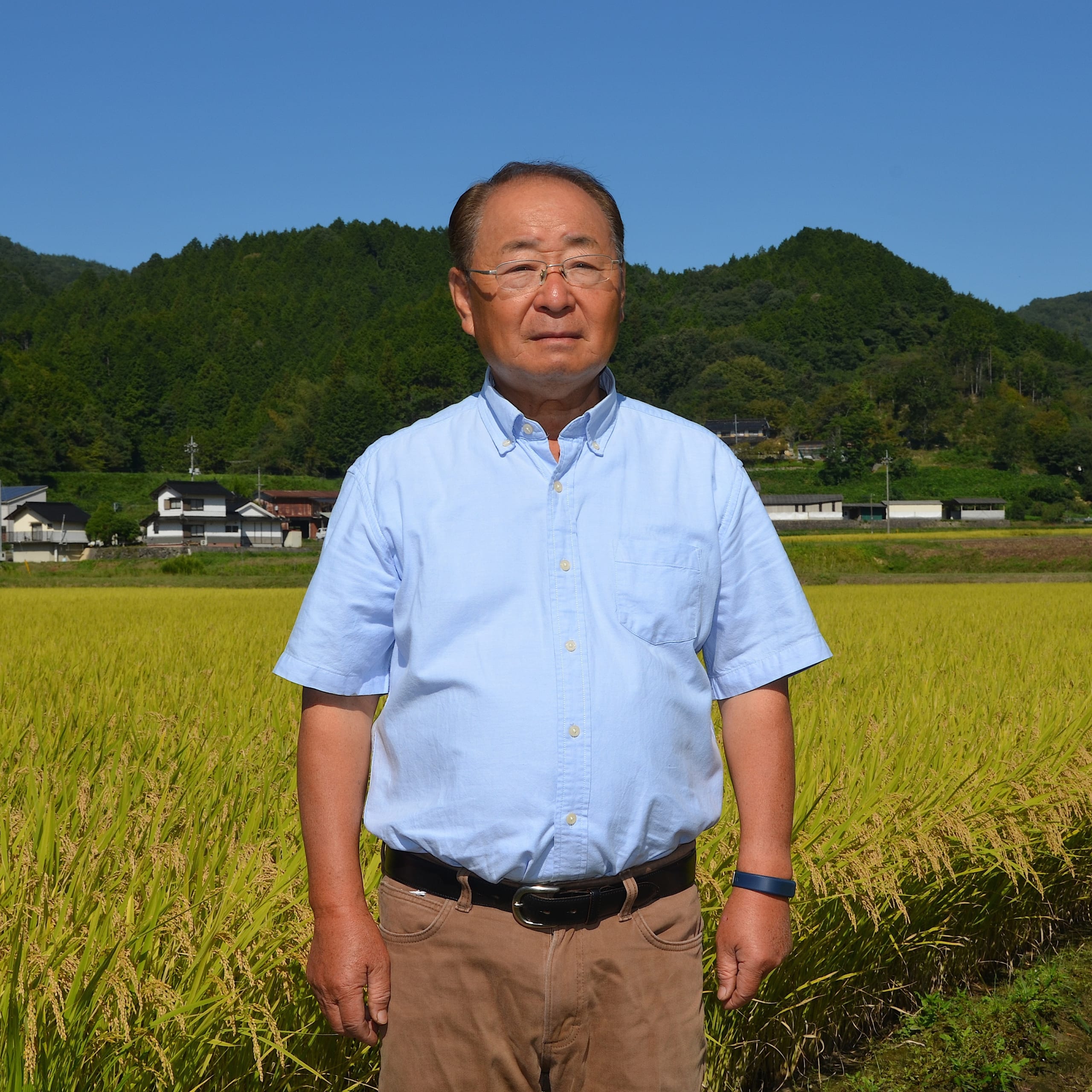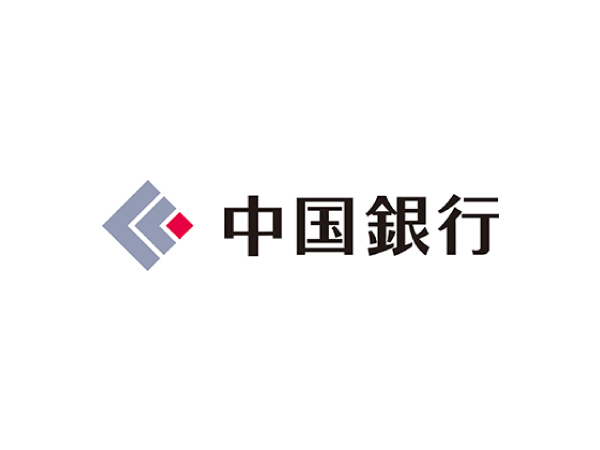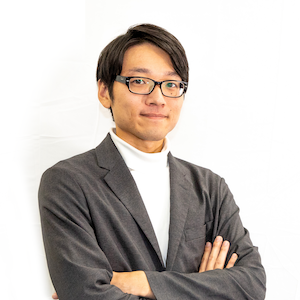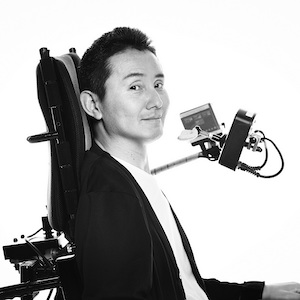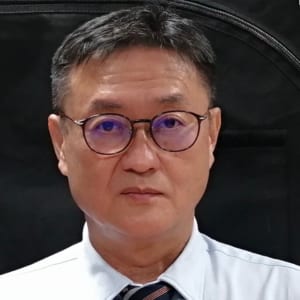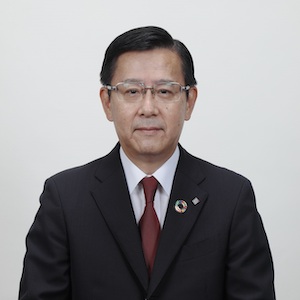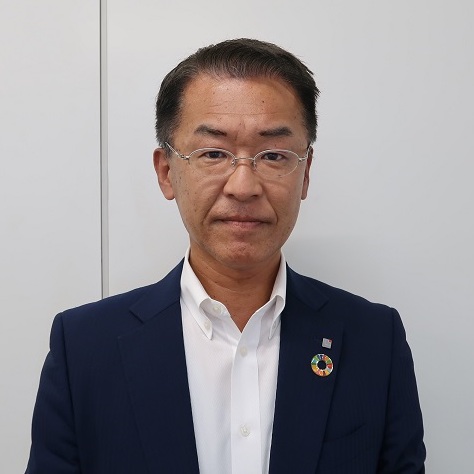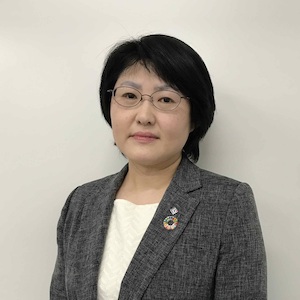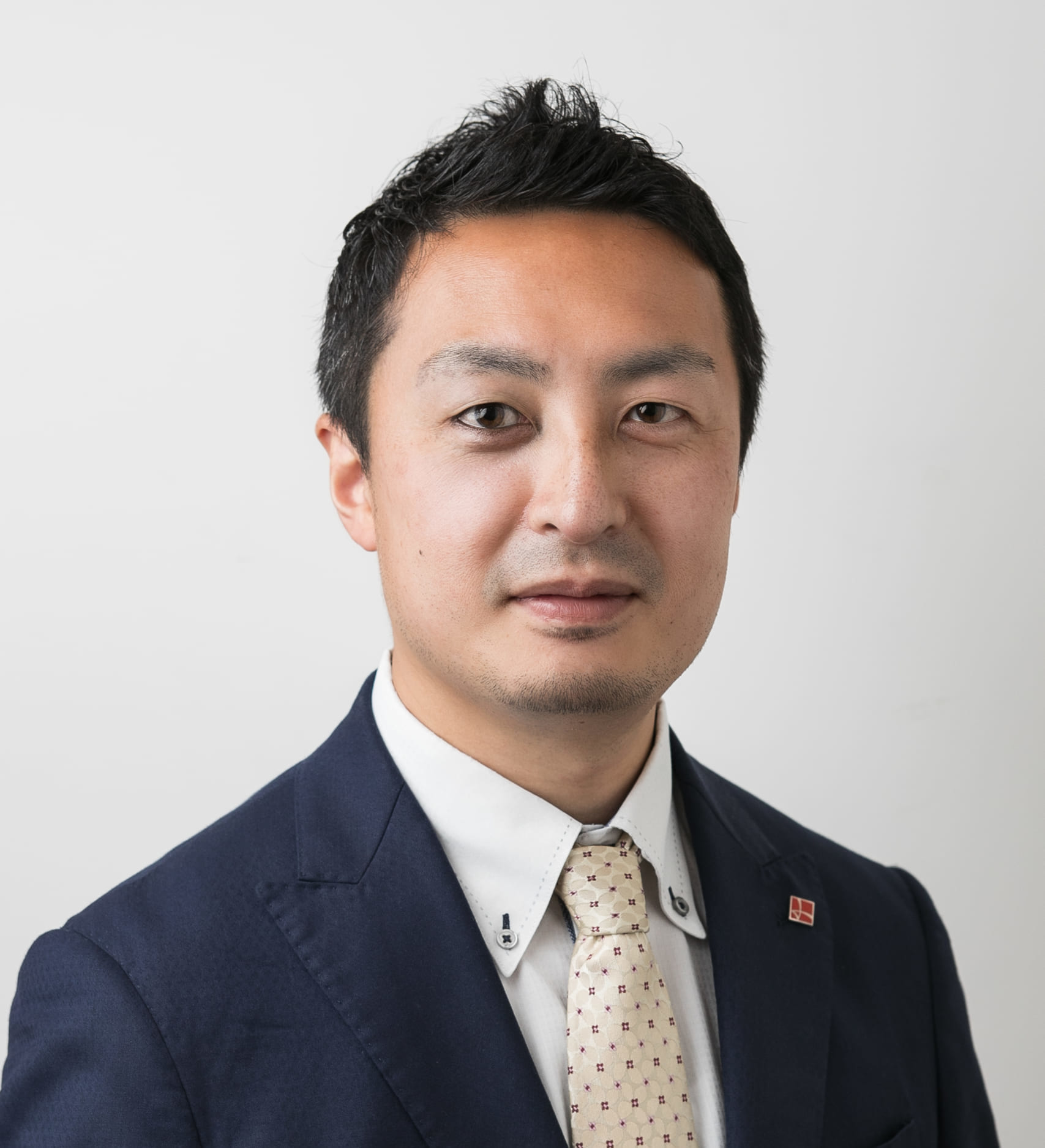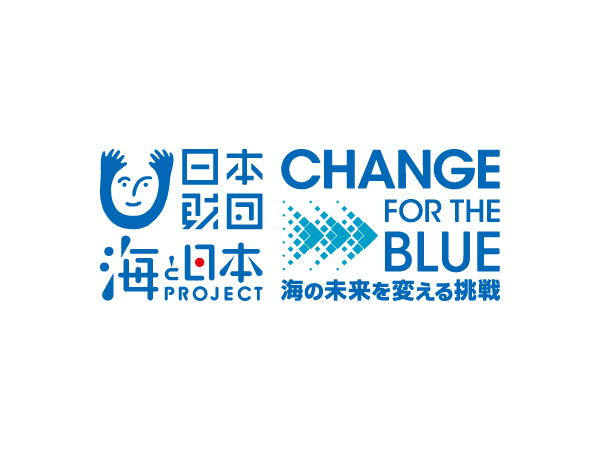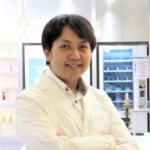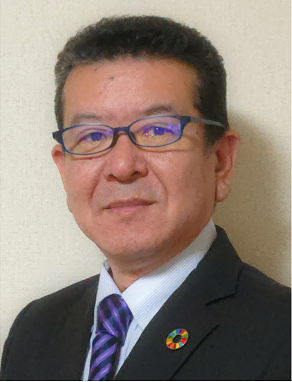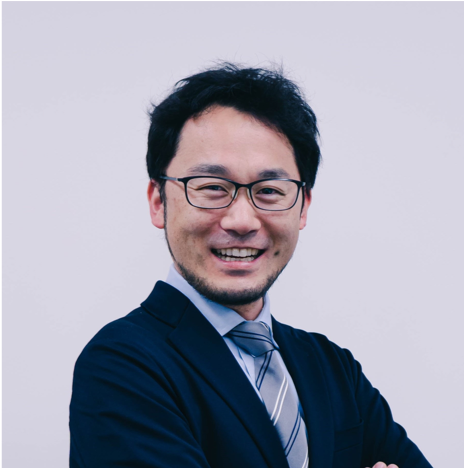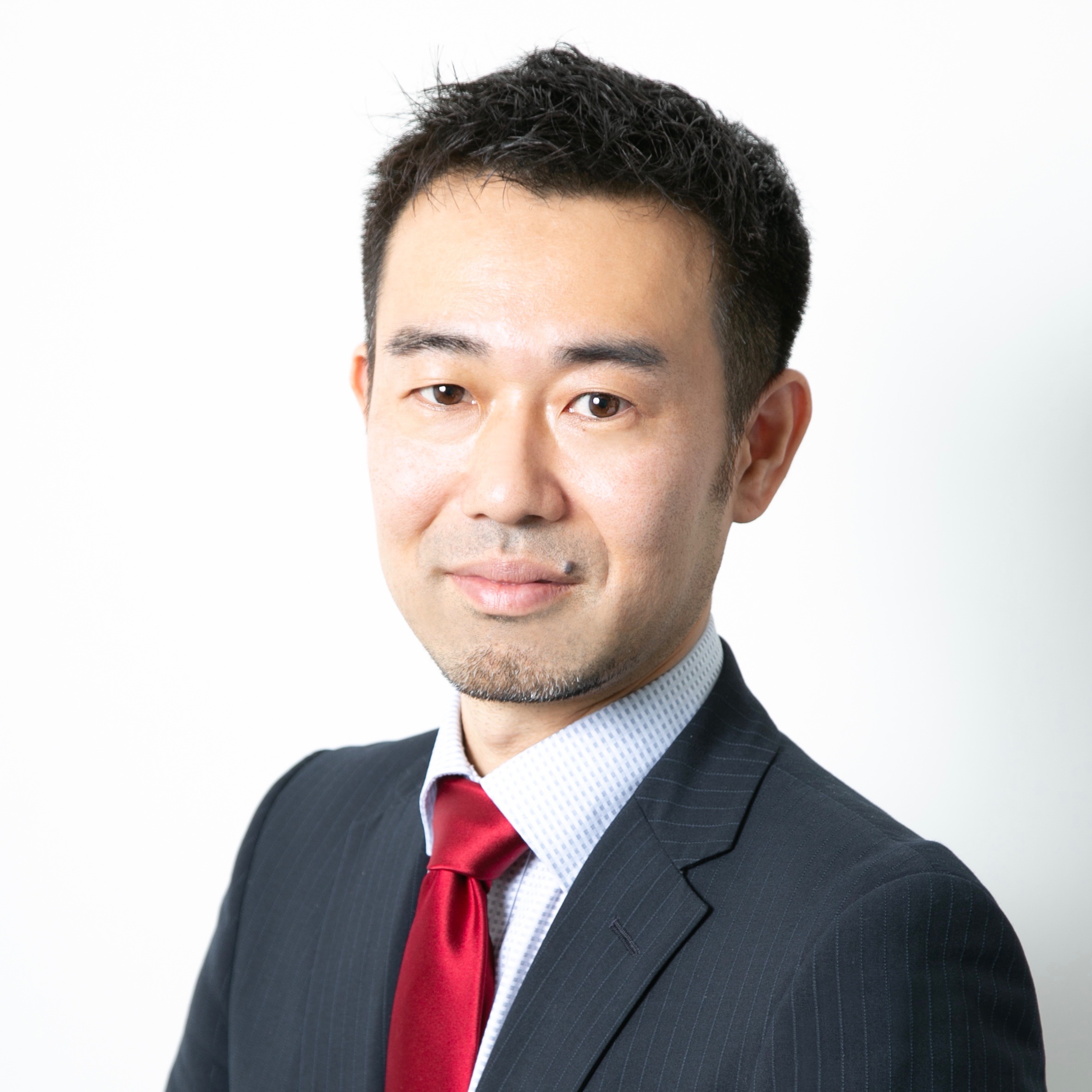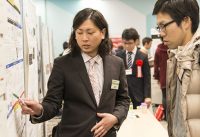| No. |
theme |
identity |
Institution |
| 1 |
Disabled and AI deliver superb sleep environment |
Kouichi Mori |
Maurice Corporation |
| 2 |
Restoration and Utilization Project of Valuable Heritage Sites |
Ninsuke Nakayama |
Shikokuchuo City School Education Division (Junior High School) |
| 3 |
Revolutionizing Construction Site Production with Collaborative Work Robots |
Tatsuya Mabe |
Kenrobotech Corporation |
| 4 |
Coronac, a virus suppressor with deep ultraviolet LED that can be installed in existing air circulators |
Akiko Miyake |
KAZU Air Conditioning Ltd. |
| 5 |
Prevention of aspiration and leftovers! Production of thickening agents using new materials |
Ken Yomogo |
Tender Hearts Inc. |
| 6 |
Future Safety Inspection with Gas Leak Visualization System Using Infrared Spectroscopy Technology |
Tsubasa Nishifuji |
Soilook Corporation |
| 7 |
Research projects to understand children with diverse developmental stages and senses |
Midori Kubo |
Hana Hana*Mikan LLC |
| 8 |
Early decontamination of infectious viruses and other pathogens in the post-corona era and sanitation management systems |
Yasushi Suzuki |
C-LIVE Co. |
| 9 |
Development and sale of closed-cycle land-based aquaculture equipment, sales, feed, and seeds and seedlings |
Yoshinobu Uchio |
Japan Marine Ponics Co. |
| 10 |
Application of microalgae Euglena to oyster aquaculture scene |
Kengo Suzuki |
Euglena Co., Ltd. / Realtech Holdings Co. |
| 11 |
Electric bike sharing service that recharges in 3 minutes |
Yasuki Kanazawa |
Naturnix Corporation |
| 12 |
Reducing Environmental Impact through the Use of Biomass Composite Plastics |
Hideki Koide |
I-Compology Corporation |
| 13 |
Galilee Group Co-Creation Initiatives in the Foodtech Field |
Tomohisa Harayama |
Fukushima Galilee Corporation |
| 14 |
Climate-controlled irrigation and fertilization controller systematizes plant cultivation intuition. |
Shu Takehisa |
Green Thumb Ltd. |
| 15 |
On health care sensing methods using sap flow sensors |
Kazuhiro Nishioka |
Kisvin Science Corporation |
| 16 |
Creation of Conductive Polymer Films for Clean Energy Production |
Hiroki Oka |
Osaka University |
| 17 |
Development PJ of electric bikes that don't roll over |
Hirotsugu Hamada |
RIDE DESIGN / Ride Design, HAL Osaka, Osaka High Technology Academy |
| 18 |
Development of ceramic coating with antiviral effect |
Yoichi Yamada |
Shoujitsu University |
| 19 |
Indigo production using synthetic biotechnology |
Masashi Shimizu |
MicroBiophactory, Inc. |
| 20 |
Improved recognition accuracy of yellowjacket by improving background information |
Ryo Nishiyama |
Oshima College of Maritime Technology |
| 21 |
A technical college on a remote island is tackling the problem of beach litter and microplastics. |
Kotaro Mori |
Yuge Merchant Marine Technical College |
| 22 |
Efforts to Solve the Microplastics Problem Using Marine Bacteria |
Murakami Yohkou |
Ehime University Senior High School |
| 23 |
Composite of chemically modified cellulose and hydroxyapatite for development of high toughness biomass materials |
Kohei Okuda |
Graduate School of Science and Engineering, Doshisha University |
| 24 |
Tools to easily purify drinking water for the poor in developing countries at home |
Naoto Matsueda |
Ehime University |
| 25 |
Fatigue and Heat Stroke Evaluation System Based on the Human Center of Gravity Detection Theory |
Yutaka Watanabe |
Tokyo University of Marine Science and Technology |


